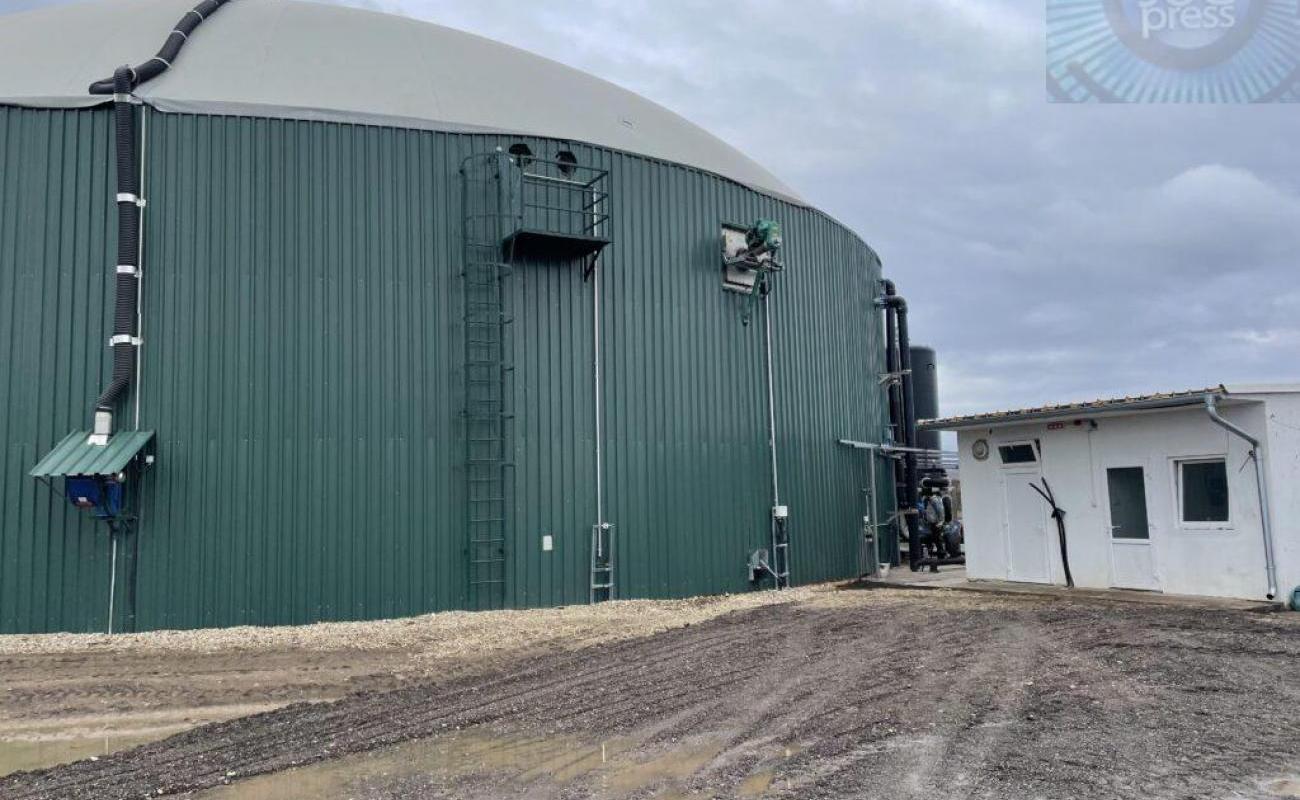SERBIA’S FIRST HIGH-TECH BIOREFINERY OPENED IN BOJNIK

With the support of the Government of Switzerland within the project "EU for Green Agenda in Serbia", the company BojEn LCC launched today a plant for the pasteurisation of biowaste in the existing biogas power plant. In this biogas plant, all types of waste of biological origin will be transformed into clean, green energy, and the highest quality fertilizer will be produced.
This has enabled disposal and treatment of about 20,000 tons of biowaste annually, which is enough to meet the needs of all food producers and farms in the south of Serbia for disposal of waste in an appropriate, ecological way. This will contribute to reducing the pollution of rivers, land and air.
"By creating opportunities for bio-waste treatment in the country, our team achieved a significant achievement. We have shown that Serbia can be environmentally responsible, even in the most underdeveloped regions of our country, such as the municipality of Bojnik," said Đorđe Mančić, director of the BojEn LLC.
In the production of energy, this power plant applies advanced biotechnological processes based on those used in Switzerland. Two truckloads of waste daily will be transformed into heat and electricity, which will be delivered to the electrical distribution network and result in two truckloads of the highest quality organic fertilizer as a by-product, which will improve the agricultural production of the underdeveloped region of Bojnik. 50 tons of waste will generate 1 megawatt of electricity daily.
The event was organised within the project “Reduction of greenhouse gas emissions by treatment of biodegradable waste in the biogas power plant in Bojnik“ implemented by BojEn LL Novi Sad, with financial support of the Government of Switzerland, within the initiative “EU for Green Agenda in Serbia”. This initiative, with the technical and financial support of the European Union and in partnership with the Ministry of Environmental Protection, is implemented by UNDP in cooperation with the Embassy of Sweden and the European Investment Bank (EIB), with additional funding from the Governments of Sweden, Switzerland and Serbia.
